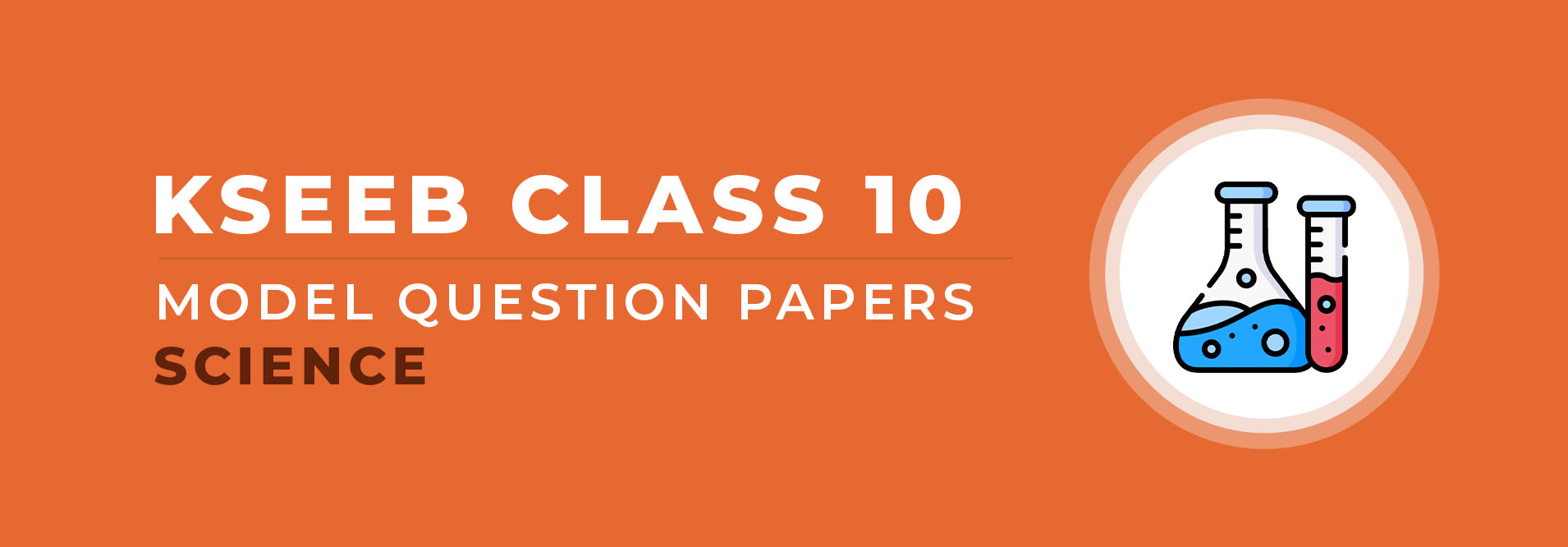KSEEB 10th Science Model Question Paper
Download the KSEEB Model Papers for Class 10 Science. The best resource to prepare for your board exam. Science subject is all about practice. The more students practise, the more command they will get over the Science subject. So, here we have provided the KSEEB Model Question Papers of Class 10 Science. Students should solve these papers before the board exams, so that they get an idea about the question paper pattern, marking scheme and difficulty level of exams.
Deeksha is dedicated to providing top-notch education and academic support to students preparing for various exams. With a focus on excellence and innovation, we strive to empower students to achieve their academic goals and excel in their studies.
Deeksha’s study materials for KSEEB SSLC exams are meticulously curated to align with the latest syllabus and exam patterns. Our comprehensive resources cover all subjects, including Science, Mathematics, Social Science, and more. The SSLC model question paper for science is one such resource, offering students valuable practice material to enhance their exam preparation and performance.







Get Social